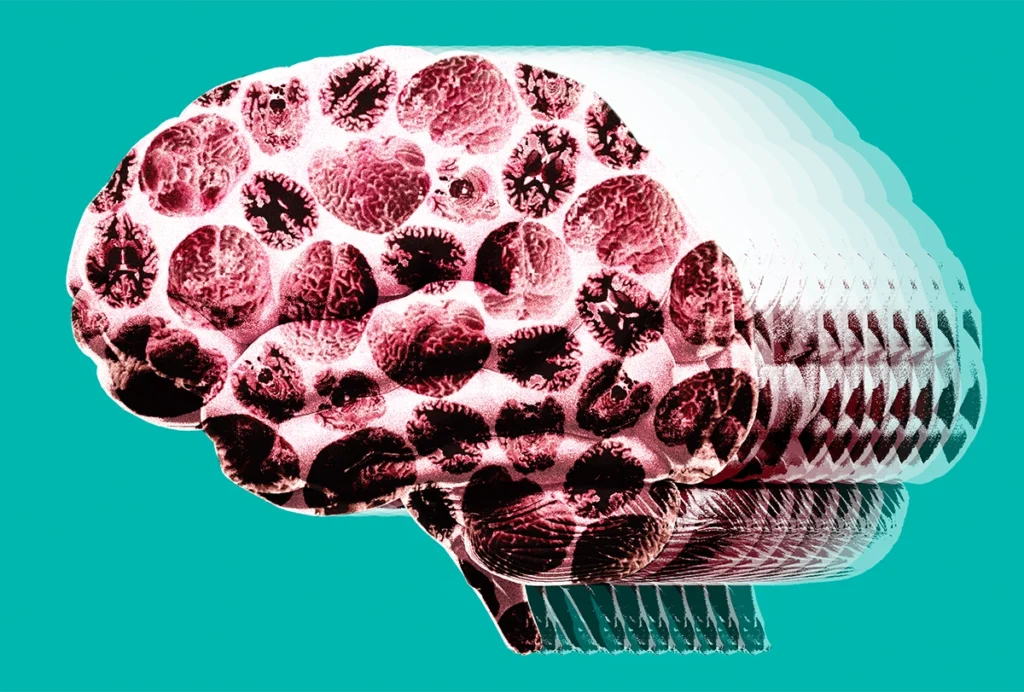Nico Dosenbach is associate professor of neurology at Washington University School of Medicine. His research as a systems neuroscientist is focused on pushing resting-state functional connectivity MRI (RSFC), functional MRI (fMRI) and diffusion tensor imaging (DTI) to the level of individual patients. To create and annotate the connectomes of individuals he is working to improve the signal-to-noise, spatial resolution and replicability of RSFC, DTI and fMRI data.

Nico Dosenbach
Associate professor of neurology
Washington University School of Medicine
From this contributor
Breaking down the winner’s curse: Lessons from brain-wide association studies
We found an issue with a specific type of brain imaging study and tried to share it with the field. Then the backlash began.

Breaking down the winner’s curse: Lessons from brain-wide association studies
Explore more from The Transmitter
Shifting neural code powers speech comprehension
Dynamic coding helps explain how the brain processes multiple features of speech—from the smallest units of sounds to full sentences—simultaneously.

Shifting neural code powers speech comprehension
Dynamic coding helps explain how the brain processes multiple features of speech—from the smallest units of sounds to full sentences—simultaneously.
Astrocytes orchestrate oxytocin’s social effects in mice
The cells amplify oxytocin—and may be responsible for sex differences in social behavior, two preprints find.

Astrocytes orchestrate oxytocin’s social effects in mice
The cells amplify oxytocin—and may be responsible for sex differences in social behavior, two preprints find.
Neuro’s ark: Spying on the secret sensory world of ticks
Carola Städele, a self-proclaimed “tick magnet,” studies the arachnids’ sensory neurobiology—in other words, how these tiny parasites zero in on their next meal.

Neuro’s ark: Spying on the secret sensory world of ticks
Carola Städele, a self-proclaimed “tick magnet,” studies the arachnids’ sensory neurobiology—in other words, how these tiny parasites zero in on their next meal.